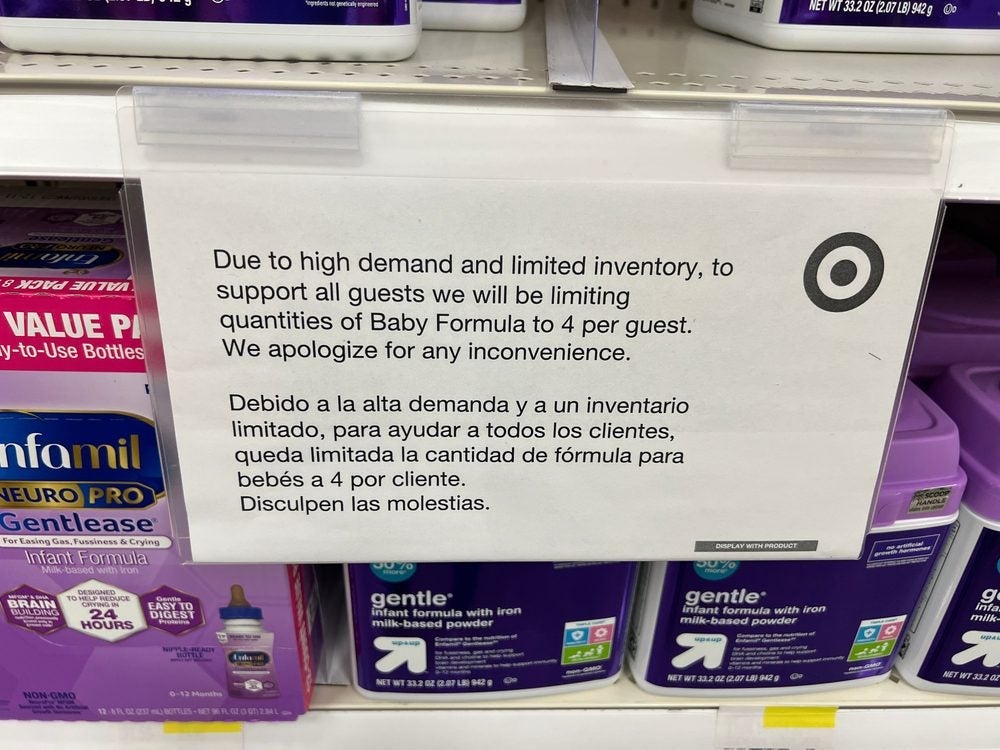I developed my love of music in the 1970s, when the corporate world was the very antithesis of what rock-n-roll supposedly represented.
I was outraged when Steve Winwood, Genesis, and Eric Clapton all “sold out” to corporate sponsors. I was disgusted when Michael Jackson sold the rights to the Beatles’ “Revolution” to Nike. My affection for Bruce Springsteen was strengthened by his unwillingness to follow suit — to even let the President of the United States borrow one of his songs.
I’m older now; a little wiser and a lot more cynical. A later-than-normal appreciation of the Grateful Dead taught me to see the business behind the music and understand that, if done correctly, both Mammon and Muse could be served. And I no longer hold my allegiances as sacred as I did then.
Not that I’ve forsaken my “principles” entirely. Watching ‘N Sync perform at Giants Stadium in New Jersey last month, some of the old bile came back up as the band worked references to “marketing partner” McDonald’s into a routine. I wasn’t exactly outraged, just a little put off by the seedy — albeit innocuous — nature of the act. And the way Sting has been selling himself lately has been more than a little disturbing.
A recent interview with country music singer Jo Dee Messina softened my opinion, however.
Messina traveled to Los Angeles in May to speak and perform at the Promotion Marketing Association’s Star Power conference. It was her second appearance at the event, having been there in 1998 before she began winning awards and selling millions of albums.
Messina does not apologize for her ties to corporate America. Alexander City, AL-based Russell Corp.’s Jerzees Activewear sponsors her current tour, and she’s done commercials, P-O-P, and scads of meet-and-greets for the brand. She also works closely with media sponsor CMT (Country Music Television).
You see, Messina is not a greedy star out to make easy money by becoming a corporate flack — thereby selling out her fans and her artistic integrity. No, she’s a performer who is committed to her music and her fans; she wants to tour, and she sometimes needs a brand’s help to do so.
“Sponsorships help bring the shows, which help get the music out there,” she explains, reciting a list of equipment costs, hotel bills, band and crew salaries, and other expenses that go into a national tour. “I have to be aware of the marketing side of things because I have to market myself.”
A Head for Tie-ins
Messina is not only willing to endorse your product, she’ll handle creative on your campaign, too:
— “How about a hotel sponsor?” she suggests. “People come from miles around to see country music shows. You could show your ticket stub or Jo Dee Messina Fan Club card at the desk and get a 10-percent discount. They’d be booked full.”
— “I drink 12 gallons of water a day,” she laughs, holding up a bottle of spring water. “And I go through a lot of these on stage. That’s two hours of undivided attention” for any Poland Spring or Crystal Geyser that wants in.
— “How about a technology company? We could shoot a commercial on what we do backstage. Or a long-distance company? It would be rockin’ to shoot a commercial in China.”
The Fan Club is real, and it’s getting about 100 new members weekly. At jodeemessina.com, you can sign up for a $15 one-year membership that scores you an autographed picture, bumper stickers, a club card, a quarterly newsletter, and invitations to get-togethers that Messina always attends. Her mom is Fan Club president.
“I’m not exactly up there with Faith (Hill) and Pepsi or Shania (Twain) and Revlon,” the singer notes. “That stuff is like, ‘cha-ching.”
Rick Murray, senior director of strategic marketing for the Country Music Association, asked Messina to perform an acoustic set at the show. But she herself decided to bring her band and dancers “to give these people an idea of what we do.
“In country music, you have a feel for what your fans need, for what they feel,” Messina says. “People ask me to autograph Jerzees clothing. They’re so connected to the artists, they’ll support everything we do.”
Maybe corporate sponsorships aren’t so insidious after all.
 Network
Network

